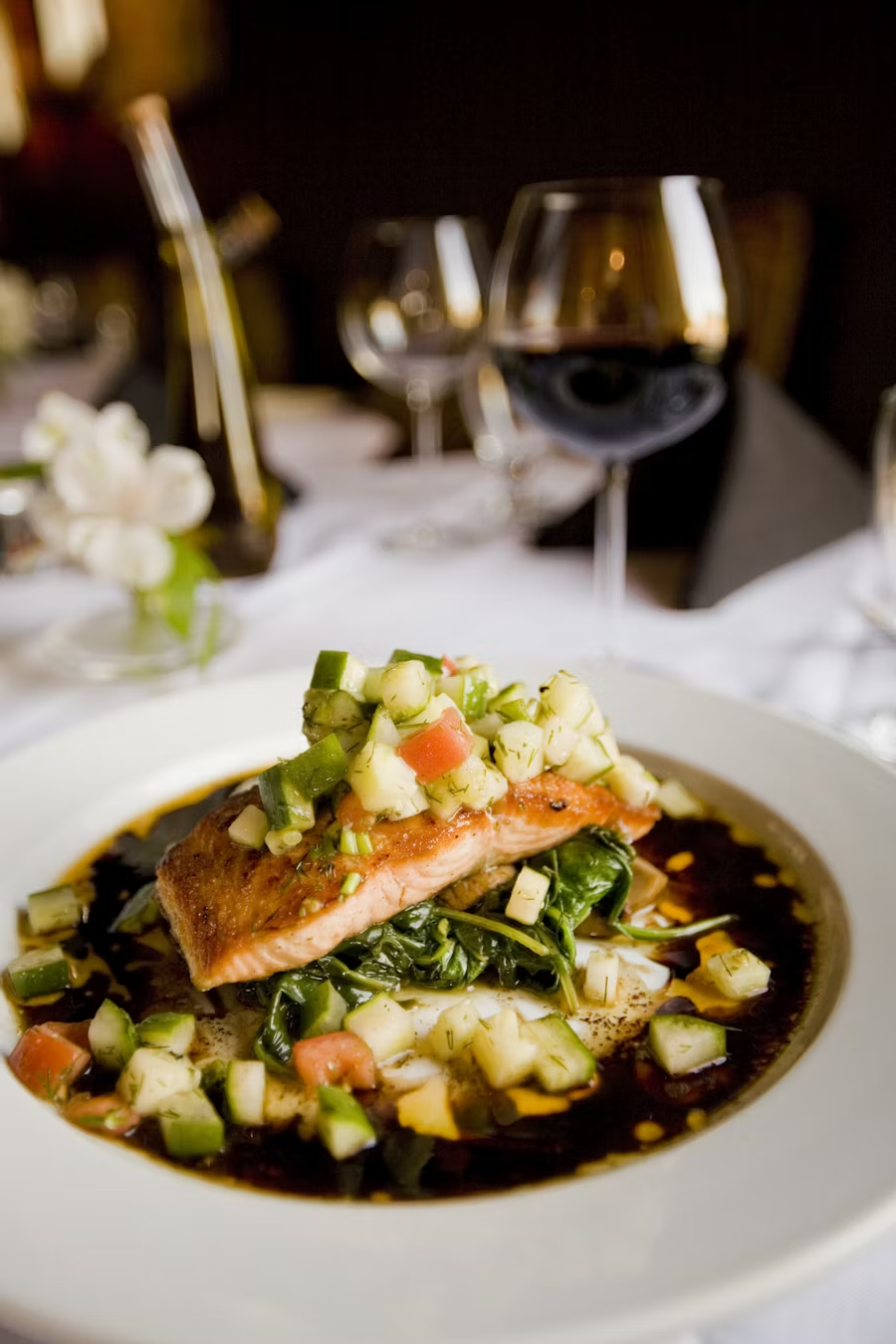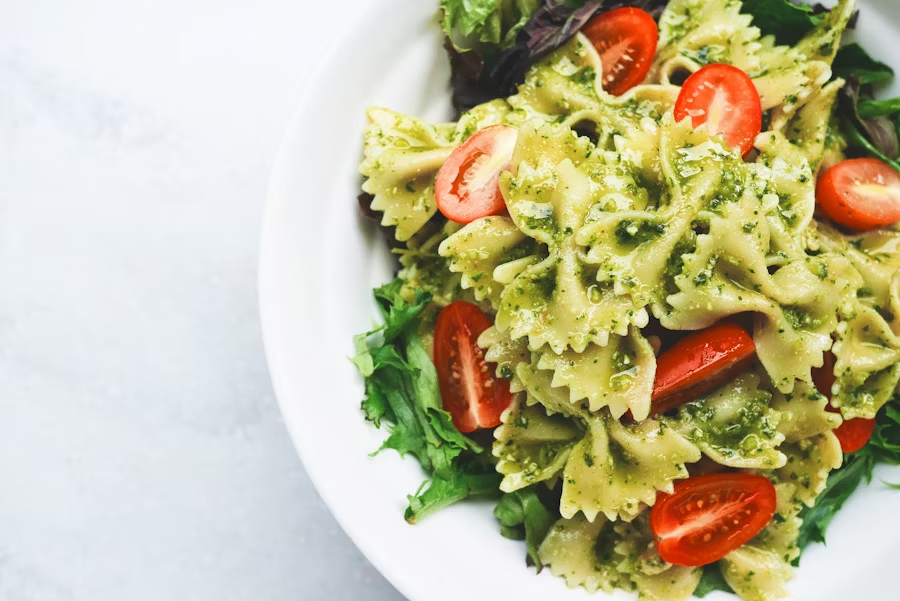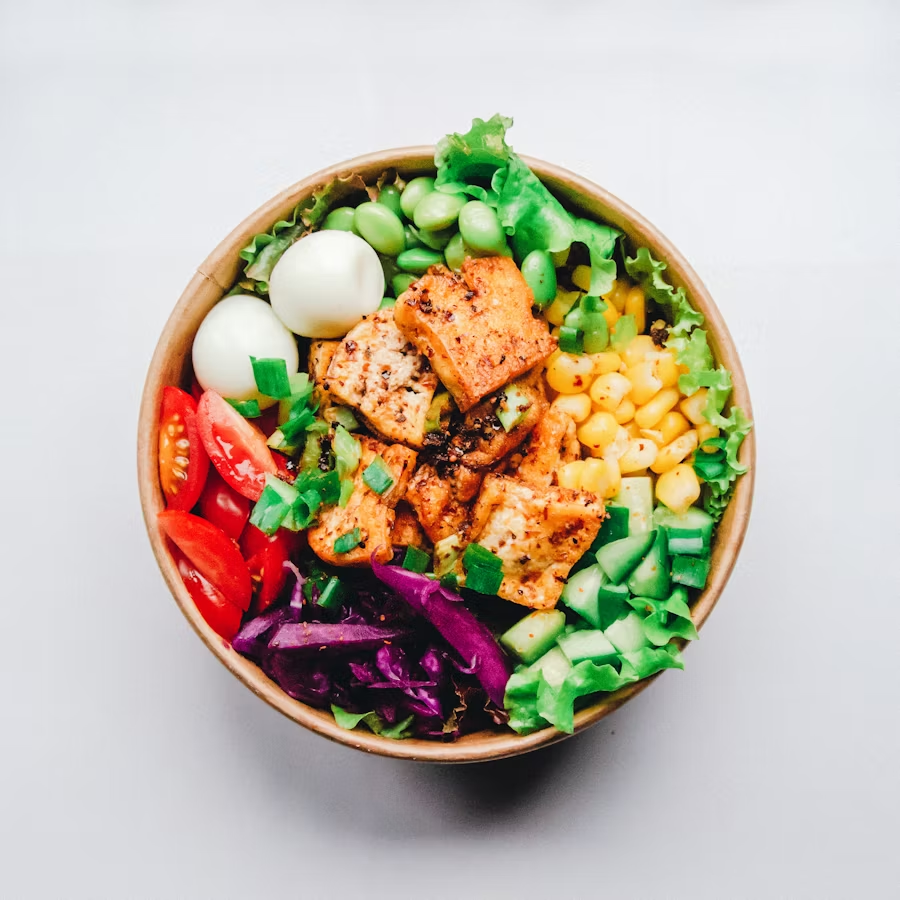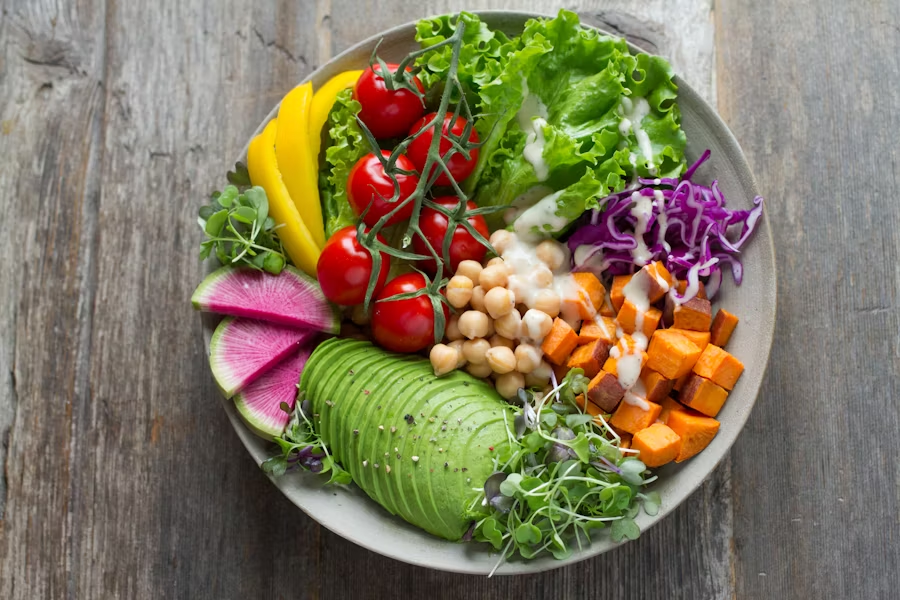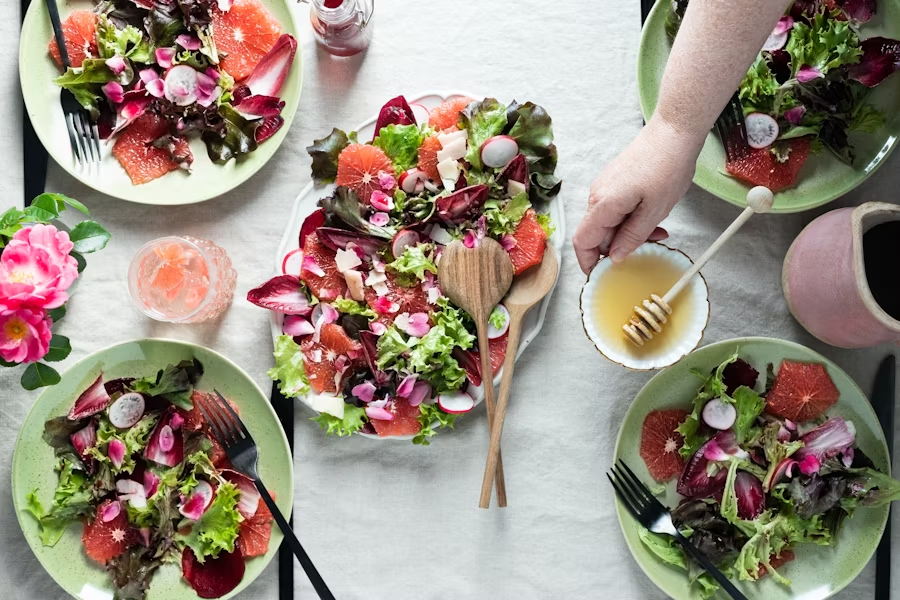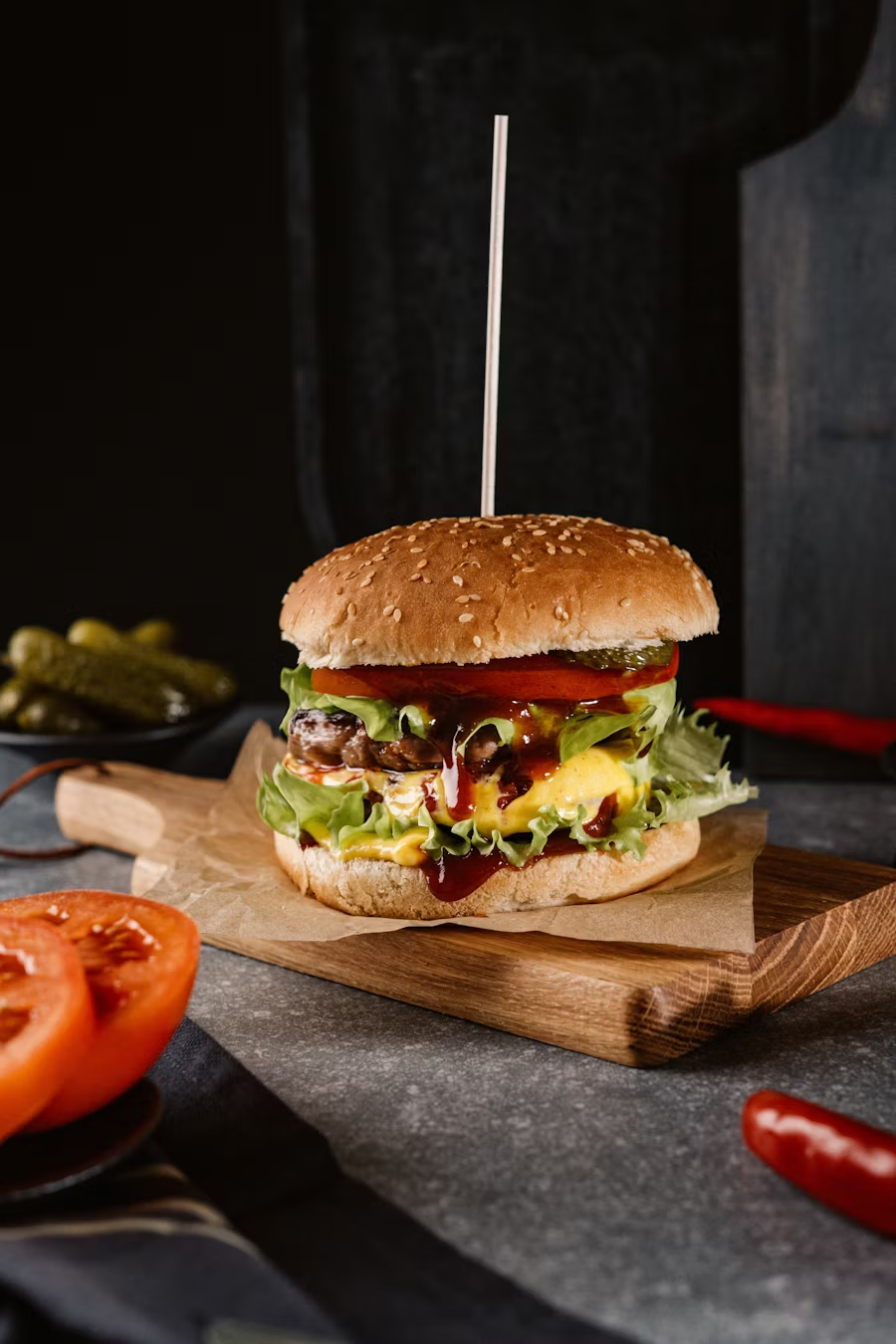The Mediterranean isn't just a region—it's a philosophy of eating that celebrates
simplicity, freshness, and connection. From the sun-drenched olive groves of
Greece to the vibrant markets of Morocco, this is a culinary landscape where meals
are never rushed and ingredients are allowed to speak for themselves.
What makes Mediterranean cuisine truly exceptional isn't complex techniques or
rare ingredients, but rather a profound respect for seasonality and locality.
Vegetables harvested that morning, fish caught in nearby waters, and herbs grown
on windowsills form the foundation of dishes that have remained essentially
unchanged for generations.
During three months of coastal wandering, I discovered that the most memorable
meals weren't found in glossy guidebooks or trendy restaurants, but in humble
family tavernas and home kitchens where recipes have been passed down through
whispered instructions and watchful observation. In these spaces, cooking isn't
performance—it's preservation of identity.
Essential Mediterranean Ingredients
-
Extra Virgin Olive Oil: The foundation of Mediterranean
cooking, used generously not just for flavor but as a celebration of local
terroir
-
Fresh Herbs: Oregano, thyme, rosemary, and mint are used
with abandon, often picked just moments before cooking
-
Citrus: Lemons and oranges provide brightness and acidity
that balances rich olive oil
-
Pulses: Lentils, chickpeas, and fava beans offer protein
and have sustained these regions for millennia
-
Sea Salt: Often harvested from local waters, quality salt
is used judiciously to enhance rather than mask flavors
